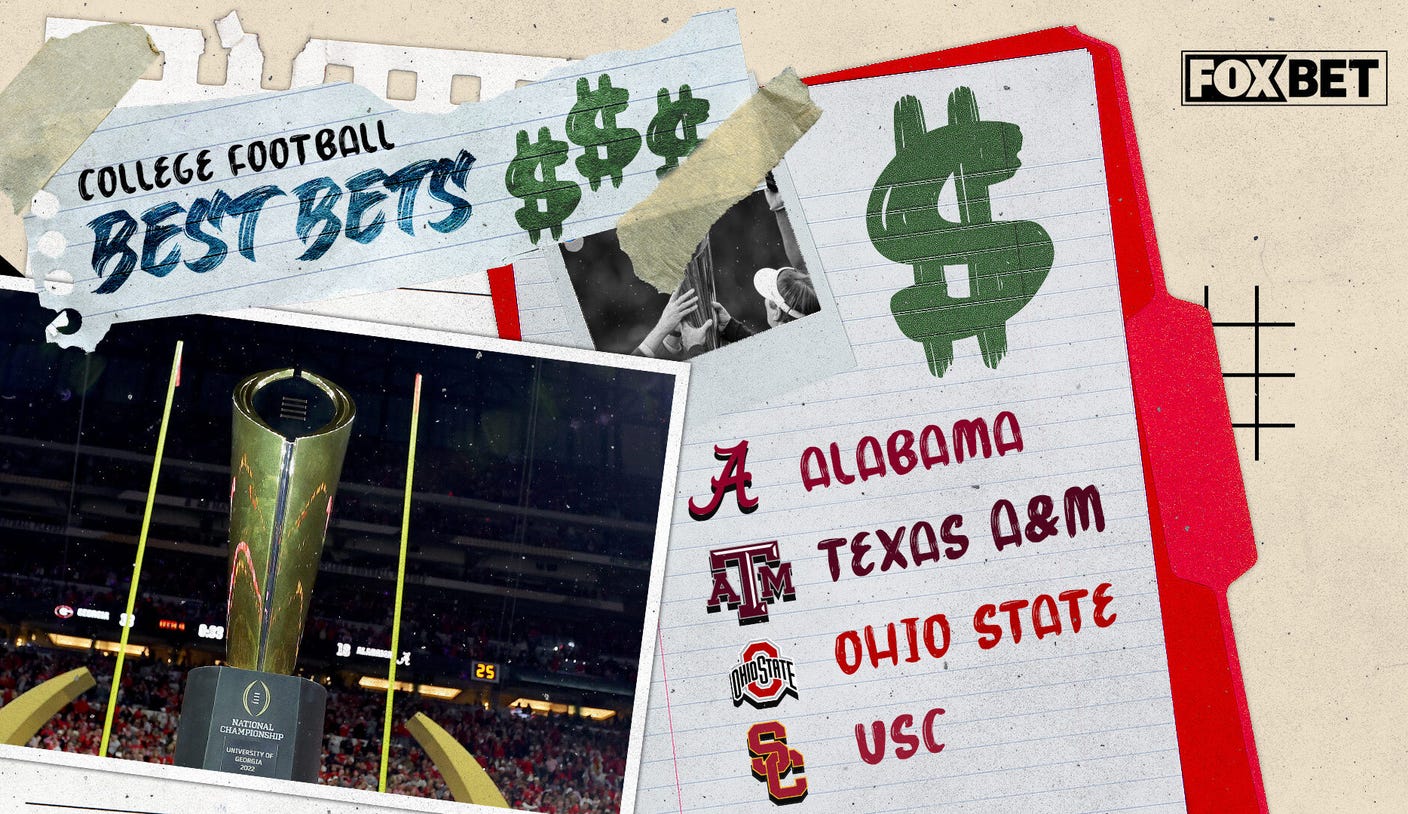
After a long sport-less summer in which operators were struggling to mitigate the impact of revenue declines, the return of one of the most popular betting leagues in the world would have been music to the ears of CEOs across the industry.
However, that feeling of relief may have been short-lived, as the return of major sports also instigated the usual negative media attention.
The Mirror described fear of “a gambling frenzy” ahead of the Premier League’s return. The article quoted the words of UK sports minister Nigel Huddleston, who urged a focus on responsible gambling as sport returns to the screens of fans across the world.
Huddleston’s message is certainly one most operators can agree with. In fact, UK operators demonstrated their commitment to spreading a responsible gambling message when they replaced all gambling advertisements with safer gambling information during the COVID-19 pandemic – something The Mirror failed to include within its article.
According to The Guardian, Claire Murdoch, mental health director of NHS England, has warned that operators may take advantage of the return of sport with “aggressive advertising campaigns.”
She said: “The return of football will be a moment of excitement for millions but it must not be an excuse for gambling firms to open the floodgates of addiction.
“With my colleagues having spent this year focused on protecting people from a once-in-a-generation global pandemic, the last thing NHS staff and patients need is for avoidable harm to be caused by reckless advertising from the gambling industry.”
While Murdoch’s desire to avoid any increase in problem gambling is certainly understandable, her words of warning are perhaps a little unnecessary.
The UK industry came under fire from a number of sources throughout 2019, but in reality, operators seem to have come on leaps and bounds from the industry of a few years prior.
The Betting and Gaming Council (BGC) is performing well as one united voice for the industry, both in holding its members to account and fighting its corner when it is necessary to do so. The body’s active response to problem gambling fears during the COVID-19 crisis is evidence of this.
It is also very apparent that calls for stricter gambling regulation are increasing in the UK. This is exemplified in the Gambling Related Harm All Party Parliamentary Group’s recent report calling for a ban on gambling advertising, a £2 ($2.53) stake limit for online slots and a ban on all VIP schemes, among other recommendations.
With this in mind, a review of the outdated Gambling Act 2005 seems imminent, and operators should be eager to avoid giving industry critics any more ammunition to use against them. Taking advantage of the return of sport to squeeze money out of problem gamblers will certainly not work towards this aim.
Something that is apparent from the negative media attention generated by the return of sport, is that the industry’s opposition will use every opportunity to stoke fear surrounding gambling’s potential harm – potential harm that, for the most part, does not come to fruition.
This is something we witnessed in fears over the risk of COVID-19 lockdowns on gambling behaviour, widely reported by UK mainstream media. At the beginning of the pandemic, negative media coverage was rife as the media warned of the potential dangers of lockdown.
Despite this, throughout the crisis the industry demonstrated its commitment to safer gambling by acting responsibly under the guidance of the BGC. The BGC published 10 pledges to ensure the safety of customers during the pandemic, with all of its members committing to the safer gambling measures.
In fact, in addition to pledging to protect their customers throughout the crisis, bookmakers even demonstrated their generosity in donating over £2.6m from the Virtual Grand National to NHS charities.
Of course, problem gambling is an issue in the UK and something that should rightfully be addressed by the industry. But after attending multiple industry events and speaking to executives across the board, it does seem that operators are dedicated to this cause – more dedicated than they are perhaps given credit for.
The UK industry has not always been completely perfect, and for that reason it has been rightly criticised in the past. But a little recognition of the progress it had made would go a long way.



